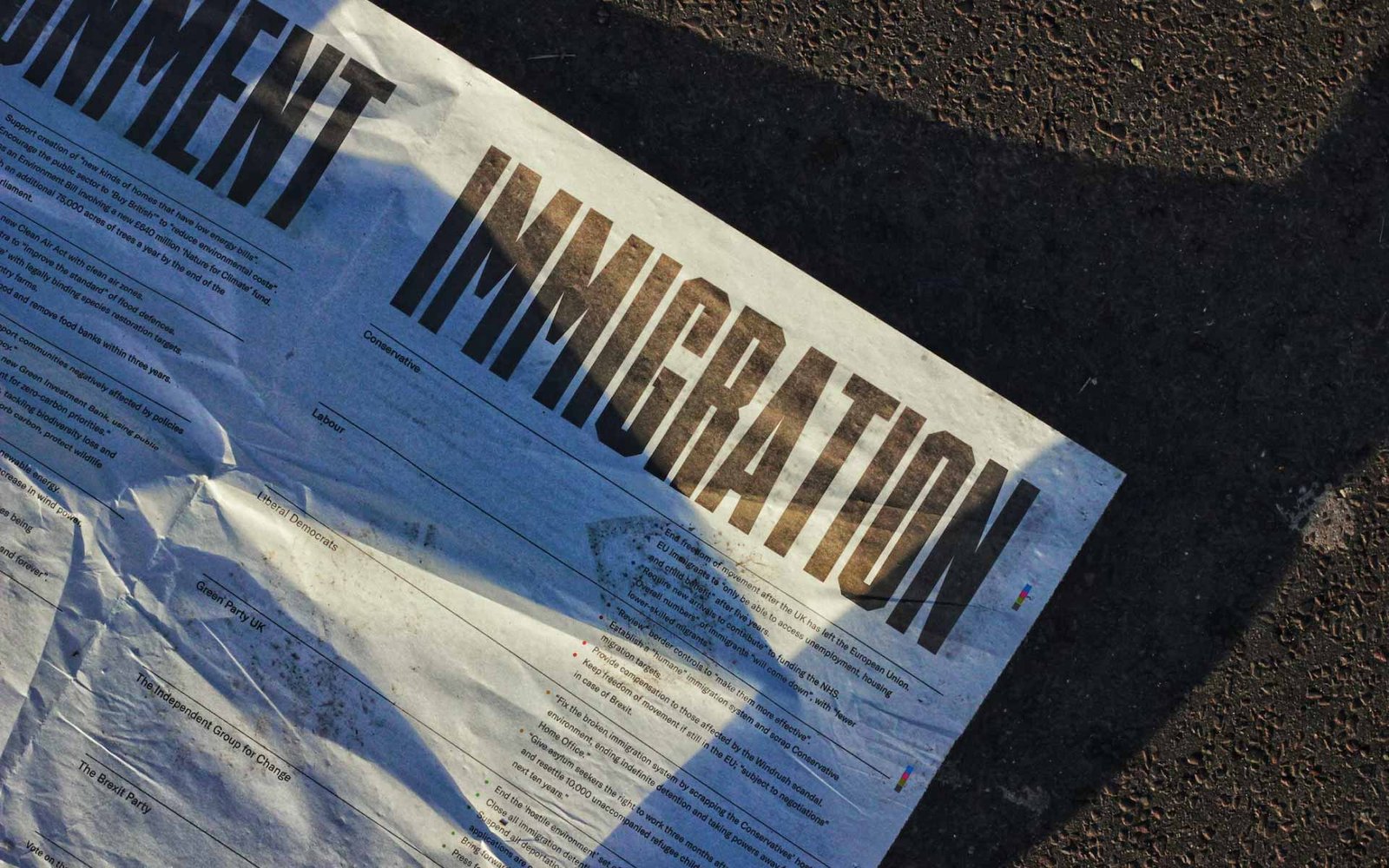Macron’s Miscalculation Leads to Unprecedented Political Chaos
PARIS – In an unexpected move, French President Emmanuel Macron called for a snap parliamentary election following his party’s defeat in the June European Parliament vote, aiming to “clarify” the political landscape for his benefit. However, the results have led to unprecedented confusion and instability, marking one of the most astonishing elections in France’s modern history, with many losers and few clear winners.
The National Rally: A Partial Victory
Among the notable losers is the National Rally, the far-right party that had secured a surprising and significant victory in the European elections just weeks prior. Despite increasing its seat count and emerging as the largest party in the National Assembly, it fell short of expectations. The second round of voting saw a robust mobilization against the National Rally, as voters shifted their support tactically from the center to the left and from the right to the center. It became apparent to many French voters during the campaign that the National Rally’s candidates were not adequately prepared to govern.
Macron’s Significant Setback
Another significant loser in this election is President Macron himself. His party, previously holding a relative majority under the Ensemble grouping, lost around 100 seats. This loss has been overshadowed by the rise of the left-wing New Popular Front, which now holds the most seats in the National Assembly. Despite this, the New Popular Front remains around 100 seats short of an absolute majority, and its leader, Jean-Luc Melenchon of France Unbowed, appears more interested in radicalizing public debate than ensuring a stable left-wing government.
The Complex Political Landscape
The New Popular Front, despite its electoral success, is a loose coalition with internal disagreements. Melenchon’s primary objective seems to be creating conditions for a direct contest with the National Rally’s Marine Le Pen in the 2027 presidential election rather than supporting a successful left-wing government. Additionally, the new government will soon face scrutiny from the European Commission, which recently initiated an excessive deficit procedure against France.
Despite their differences, the left-wing bloc will likely remain united in the short term. The alliance, which includes Socialists and Greens, has proven electorally beneficial, gaining 40 additional seats, although France Unbowed did not make any new gains. This scenario is reminiscent of former French President Francois Mitterrand’s strategy in 1981 when he allied with the Communists to eventually weaken them.
Moving Forward Amidst Uncertainty
The most probable outcome is forming a moderate minority government to act as a caretaker for the next year, given that President Macron cannot dissolve the National Assembly again until June 2025. France now finds itself in uncharted waters, with Macron on the defensive and lacking a parliamentary majority. Individual personalities will shape The political landscape more than traditional left, right, or center labels, as some politicians seek stability and compromise. In contrast, others aim to defeat perceived adversaries.
The Need for Electoral Reform
This election underscores the need for electoral reform in France. The current two-round system is better suited for a bipolar political environment. Still, French politics have evolved into a tripolar system with distinct left-wing, right-wing, and centrist blocs. Proximity representation could be a solution, allowing each party to establish its support level and form voluntary coalitions post-election. This change would enable parties like the Socialists to form alliances with Macron’s party rather than aligning with France Unbowed just to get elected.
A New Era for French Politics?
France’s political culture and institutions have traditionally favored confrontation over coalition-building, setting it apart from other European countries. The outcome of this election presents an opportunity for French politicians to reconsider their approaches. If they continue with business as usual, the National Rally may only need to wait and capitalize on governmental ineffectiveness to achieve more tremendous success in the future.
The coming year will be marked by deep political uncertainty, which could negatively impact France’s economic outlook. The next government must agree on the 2025 budget within the next few months. As the country navigates this period of profound instability, the future of France’s political landscape hangs in the balance.













